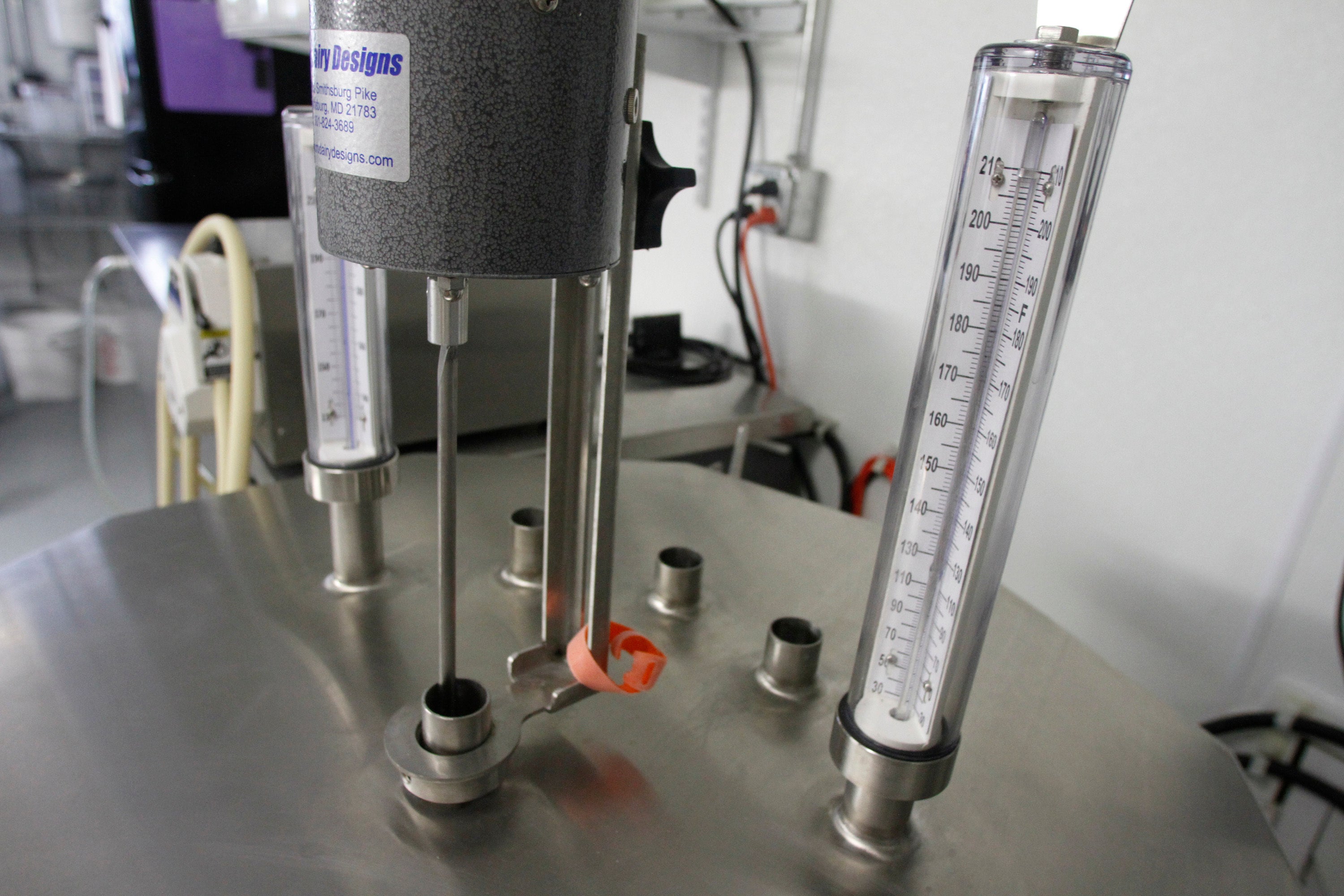Research gives more reassurance that milk pasteurization kills bird flu, officials say
U.S. officials say a new study provides reassurance that pasteurization kills bird flu virus in cow’s milk

Your support helps us to tell the story
From reproductive rights to climate change to Big Tech, The Independent is on the ground when the story is developing. Whether it's investigating the financials of Elon Musk's pro-Trump PAC or producing our latest documentary, 'The A Word', which shines a light on the American women fighting for reproductive rights, we know how important it is to parse out the facts from the messaging.
At such a critical moment in US history, we need reporters on the ground. Your donation allows us to keep sending journalists to speak to both sides of the story.
The Independent is trusted by Americans across the entire political spectrum. And unlike many other quality news outlets, we choose not to lock Americans out of our reporting and analysis with paywalls. We believe quality journalism should be available to everyone, paid for by those who can afford it.
Your support makes all the difference.A new study that recreated commercial pasteurization in a government lab provides reassurance that heat treatment kills bird flu virus in cow’s milk, U.S. officials said Friday.
When the bird flu known as H5N1 was first detected in U.S. dairy cows earlier this year, there were no studies of whether heat treatment killed the virus in cows milk. But officials were comforted by studies that showed the pasteurization of eggs — which involves heating at a lower temperatures and for a shorter amount of time – worked, said the Food and Drug Administration’s Donald Prater.
A study in April found that there was no evidence of infectious, live virus in store-bought samples of pasteurized milk, though they did contain dead remnants of it. Some later small studies that attempted to simulate pasteurization showed mixed results.
The new study was done at a federal research center in Athens, Georgia, using custom equipment that tried to more completely recreate commercial pasteurization.
It also allowed sampling at different stages in the process. The milk goes through several heating steps before being flash-heated, and the study found the virus was inactivated even before it hit the 161-degree, 15-or-more-seconds “flash pasteurization” stage that is considered the key step in making milk safe.
“This information really fills an important gap in our understanding of how commercial pasteurization inactivates the virus,” Prater said.
The study has been not yet been published in a peer-reviewed journal.
___
The Associated Press Health and Science Department receives support from the Howard Hughes Medical Institute’s Science and Educational Media Group. The AP is solely responsible for all content.